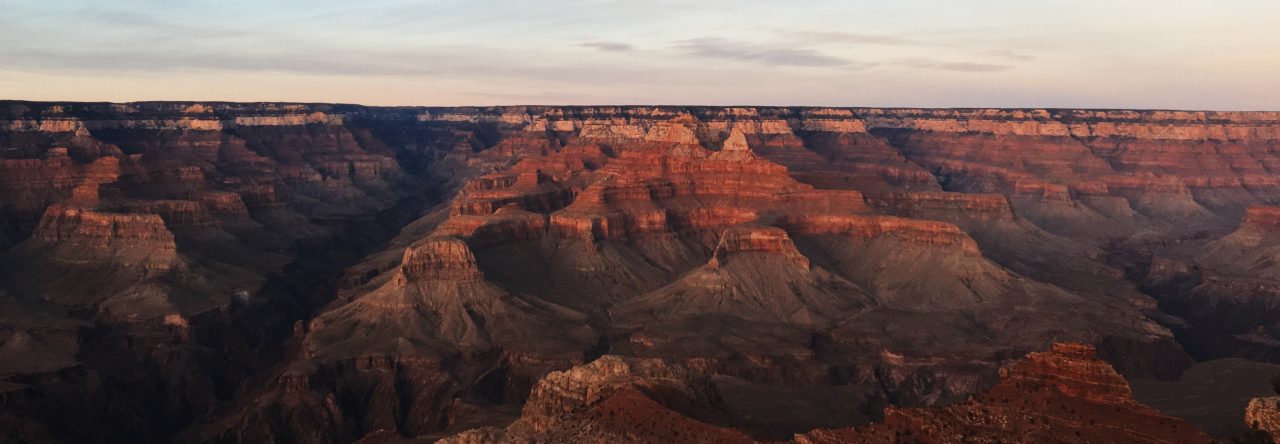
Sometimes, life asks us to hand parts of ourselves back. September 11 was one of those times.
AUTHOR’S NOTE: The following post originally appeared as a Facebook note published on September 11, 2011, ten years after the terrorist attacks in New York, Washington, D.C., and Pennsylvania.
Whenever I write about September 11th, I feel somewhat guilty for the grief I feel. I didn’t directly know anyone who was lost on that day, but I know plenty of folks who fit into that category. I am two degrees removed from a lot of tragedy. My grandfather, though, worked at the World Trade Center before he retired and moved to Florida. Most of my Dad’s family lives in Monmouth County, NJ, which lost 147 people in the attacks. I feel connected.
These days we all feel connected. Television this last week has all but made it impossible to escape the replays of the towers burning, the planes striking, the collapse and smoke and misery. Newspapers are running the headlines all week. Websites feature tributes, the radio runs urgent dispatches from a decade ago, their audio scratchy enough to underscore how old they’ve already become. Indeed, it was a time when television was still square, newspapers were still read, and cell phones were still dumb and dropped calls.
Inevitably, we all remember where we were. I started the morning at Smoky Mountain High School, where I was observing a class when a student came in to say there’d been a terrorist attack. I left, returned to my dorm room at Reynolds Hall at Western Carolina University, and watched the towers fall.
Peter Jennings told, or tried to tell as best he could, the story of the day. Amazingly, I was able to connect a single phone call to my relatives in Lincroft, NJ. They were safe. Nobody knew then how long this moment was going to last.
This date is laced with a message borne from Ground Zero: Never Forget. Never forget the thousands of eerily normal lives incinerated in the agonizingly slow collapse. Never forget the first responders who rushed up staircases and not down. Never forget the everyday people who rushed the cockpit of United 93. Never forget the lives lost in Washington, D.C.
But what we all will never forget, what makes this a collective day of grief for everyone in our nation who was around to see it or watch it on television, is the day we realized we’d lost a tiny (in some cases huge) slice of our hearts. Whenever that happens, it’s never long before the dull ache of vulnerability and fear wash over your chest like a cold tide, one that takes its time receding, one that never entirely goes away.
I understood this for the first time when our daughter was born. She came nearly seven weeks early, and because of the emergency C-section and her breach position and the speed with which they had to administer her mother’s anesthesia, she was blue and limp when I first saw her. In a terrifying second, I thought everything had gone bad, that our baby was gone. It hit me then that parenthood requires mothers and fathers (and others, I’m sure) to slice off a part of their hearts and hand it over, like some biological collateral. The wounds are open, and they stay that way. Nothing will ever change that.
Our daughter is healthy and full of life today, but there is an aching we’ll live with for the rest of our lives, the natural worry of parents who would be devastated should anything happen to their darling.
We hand away parts large and small of our hearts for our entire life. We feel them when we lose friends or family, when we move away from home, when we bury the dog or (unintentionally, I swear) kill the house plant that had made it for eight years.
Most of us, especially folks who were young like me, had given away a part of our hearts to that silly American dream, the one in which we’re all happy and doing well and making good money. The one whose shadow disappears in the ground because it is invulnerable, impregnable, and unassailable. Safe. When that dream shattered, when the first plane struck, and aluminum and jet fuel and flesh met with concrete and steel and more flesh, all of us felt it, whether or not we felt like we deserved to.
We still can feel that cold tide today, even after ten years.





